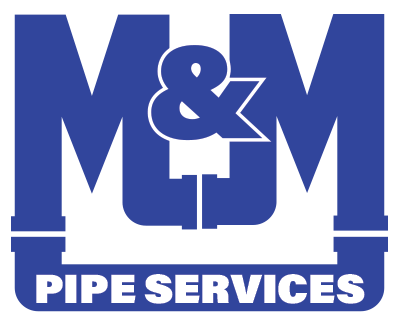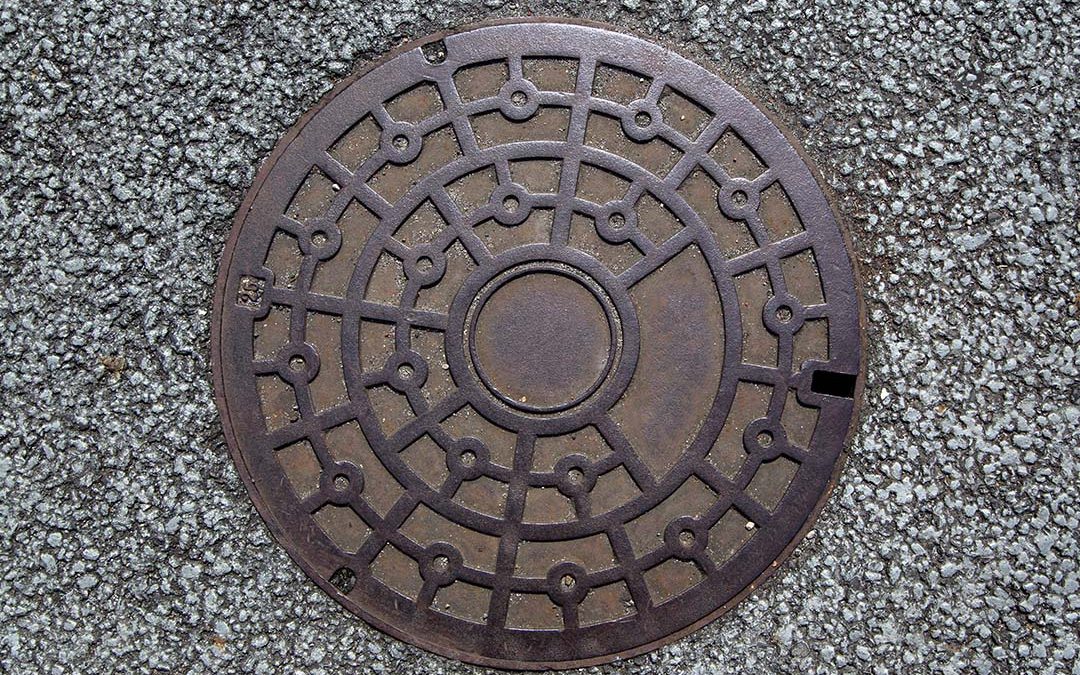Manhole repair professionals, often referred to as manhole rehabilitation technicians or sewer maintenance workers, typically require specific qualifications, training, and skills to perform their job effectively. The qualifications and requirements can vary depending on the employer, the specific tasks involved, and local regulations, but here are some common qualifications and aspects of their job:
Education and Training:
- Many manhole repair professionals have at least a high school diploma or equivalent.
- Some may have vocational or technical training in areas such as plumbing, pipefitting, or construction.
Licensing and Certifications:
- Depending on the jurisdiction and the type of work they perform, manhole repair professionals may be required to obtain specific licenses or certifications. These certifications can include commercial driver’s licenses (CDL) for operating vehicles, as well as certifications related to confined space entry and safety.
On-the-Job Training:
- Much of the training for manhole repair professionals is obtained through on-the-job experience. They may start as apprentices or assistants and learn the necessary skills and techniques from experienced colleagues.
Safety Training:
- Manhole repair professionals often work in confined spaces, which can be hazardous. They need training in confined space entry procedures, as well as knowledge of safety protocols, including the use of personal protective equipment (PPE), gas detection, and emergency procedures.
Knowledge of Materials and Equipment:
- They should have a good understanding of the materials used in manhole construction and repair, including concrete, bricks, mortar, and various sealing compounds.
- Familiarity with specialized equipment, such as manhole rehabilitation equipment, CCTV inspection tools, and various hand tools, is crucial.
Technical Skills:
- Manhole repair professionals need to be skilled in various repair and maintenance techniques, such as sealing cracks, patching holes, and repairing damaged structures.
- They may also need to operate heavy equipment, such as backhoes and sewer inspection vehicles.
Problem-Solving Abilities:
- Troubleshooting and problem-solving skills are essential for identifying issues within manholes, assessing their severity, and determining the appropriate repair or maintenance methods.
Communication Skills:
- Effective communication is important, as manhole repair professionals often need to coordinate with team members, supervisors, and other stakeholders. Clear communication helps ensure that repair work is carried out safely and efficiently.
Environmental and Regulatory Knowledge:
- Professionals working in the field should be aware of environmental regulations and local codes that pertain to sewer and manhole repair work.
Physical Fitness:
- The job often involves physical labor, including lifting, digging, and working in cramped spaces. Good physical fitness is important to perform the job safely and effectively.
It’s worth noting that qualifications and requirements can vary by region, so individuals interested in becoming manhole repair professionals should check with local authorities or potential employers to understand the specific qualifications and certifications needed in their area. Additionally, ongoing training and staying up-to-date with industry best practices and technological advancements are essential for maintaining proficiency in this field.


Recent Comments